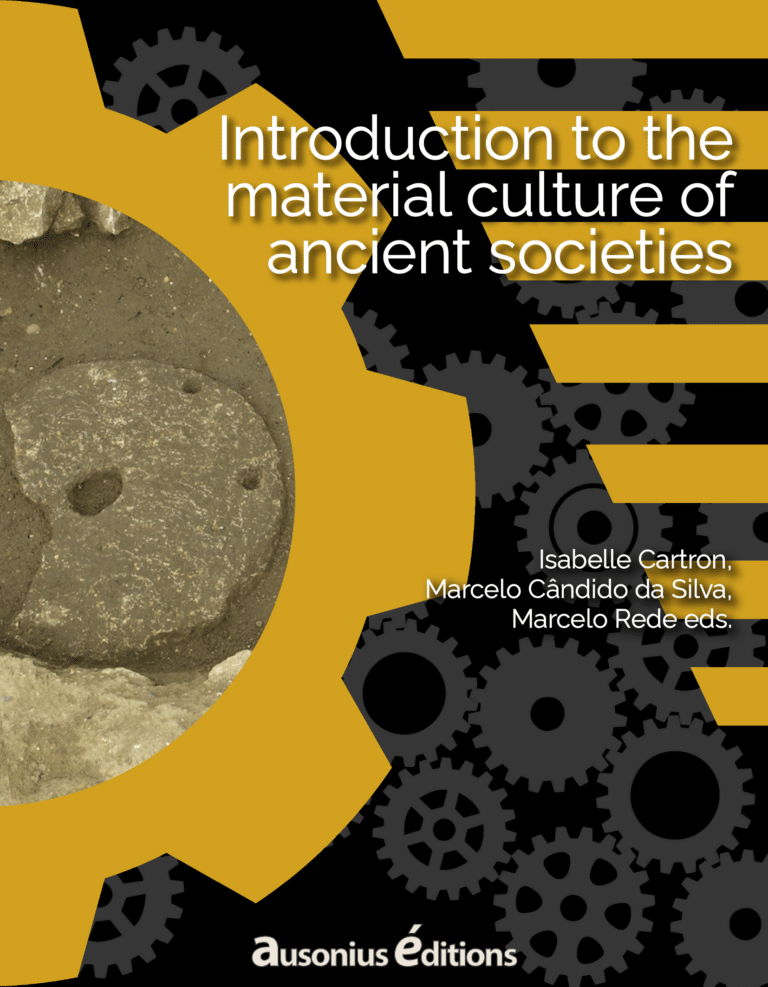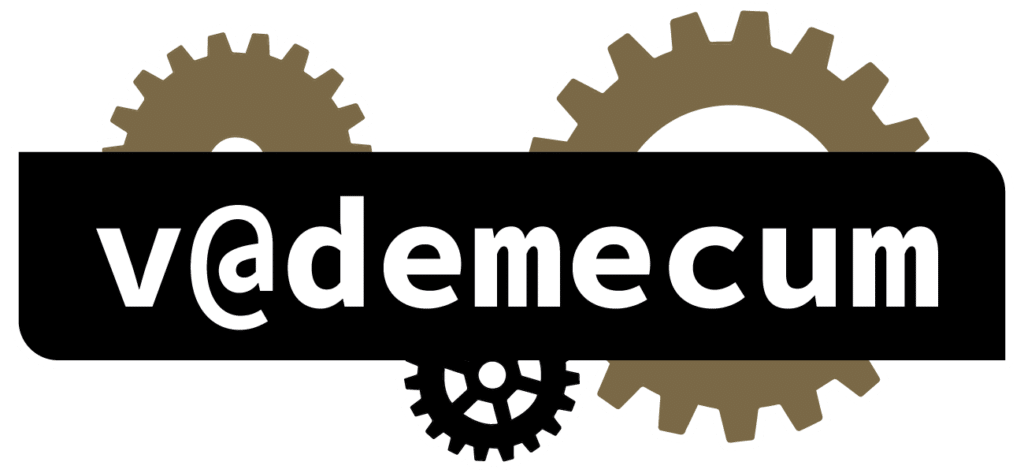The production’s scope is an essential aspect in the material culture of ancient societies approach. It is about reviewing interactions between humans and their environment through strategies that an individual or a group establishes to create something. Therefore, it is a very good starting point of the approach to the societies structure and their mutations, because to produce is an act intrinsically linked to technical evolution. The objects can be interpreted by different aspects such as intellectual, artistical or symbolical depending on its preferred approach perspective, that is why it is a vast field of study.
This chapter will focus on the production of objects. The finished product – whether it is a building, a manuscript, a weapon, or a tool – is only the final step of the production. To understand the steps of the creation process, it is necessary to consider all actions that lead to the finished product, from the shaping of the raw material to the skills used to produce the artefact. In a broad way, it is possible to perceive the intentions that guided the shaping of the matter, the choice of materials and tools, and the recipes, just by starting from the technical analysis of the object to satisfy a demand.



